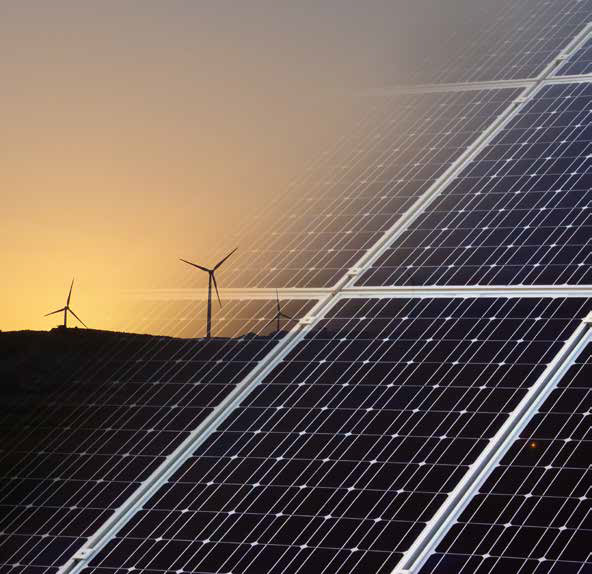The Energy Secretariat
//
\\
The Energy Secretariat
The purpose of The Energy Secretariat is to commercialise and upscale knowledge outputs from the RDI portfolio.

